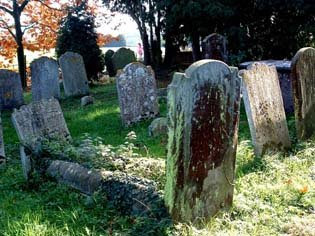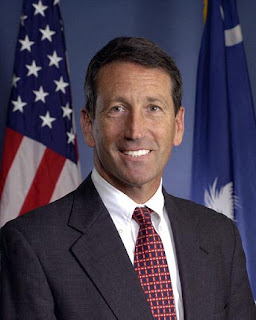
Beginnings are awkward and uncomfortable - endings are far more enjoyable as it's up to your discretion whether to look back or just walk away. I prefer my endings punctuated with a blaze of glory of some sort to at least give the participants a story to take with them. Beginnings are an inverse, I like to start with a story of my own - if possible taken from someone elses memorable ending as to keep with the algorithm of my existence.
As a kind of intro to this blog I'd like to talk about Kurt Vonnegut. What better subject matter for the initial post of an atheist blog then to talk about the greatest influence in my life in regard to atheism. Interestingly, I had no idea that this was the case until just recently - a good 13 years after I began reading my first Vonnegut novel. It wasn't until Vonnegut's death that I realized that 1 - he was an atheist and 2 - I truly am an atheist as well.
Let me give a bit more personal back story for myself as reading that realization/affirmation scenario in and of itself makes me a skeptic of the validity of my own beliefs.
I was raised by a passive agnostic (recovering Catholic?) and a passionate atheist. I refer to my upbringing as being one of "atheist environment" rather than being raised an atheist because I was never directly spoken to regarding the subject until I was older and had already began to explore my own beliefs in regard to God in an environment completely outside the influence of my parent's opinion. I was not sent to atheist camp as a child, I didn't pray to mighty Atheismo each night before bed, and I had no doctrine of atheism which I was expected to learn and adhere to. The reason I make this distinction so clear is that I feel there is a big difference between being the kid of an atheist and being an atheist kid. Replace the term 'atheist' with any other belief/non belief system and the concept stands.
My attitude toward religion has consistently been an anthropological one, I never bought into it but I always found it fascinating. I collected rosaries for a while when I was younger and for a solid year I was dedicated to drawing oil pastel sketches of churches. I have always found profound beauty in the products of people who would consider themselves profoundly religious. As for religion itself - there is nothing more awful, more hateful, more exclusive and isolating. Given all of this, I still didn't consider myself an atheist even though an outsider's opinion would have probably placed me in the center of the atheist crowd without question.
Back to Vonnegut. Kurt Vonnegut died April 11th 2007 and it hit me hard as my own dad had died two months earlier. When my dad died I thought a lot about religion. Indeed it's difficult not to think about religion when every other person you talk to is trying to cheer you up with stories of an imagined after-life which the person who died didn't even believe in. I thought about my dad and about how angry he was in regard to religion and by proxy, the religious. Considering this, I realized that I didn't want to become that 'angry atheist' that people (often religious people) bemoaned and caricatured. I didn't want to be defined and categorized by my atheism so I decided that I must not be atheist.
When Vonnegut died I thought about his writing. I thought about how kind of a person he seemed, even when being scathingly sarcastic or even overtly critical, and how I would love to be remembered in the same light. I decided after his death to look into Kurt Vonnegut the person. While the man was alive I fully enjoyed Kurt Vonnegut the author and had no interest in what I would consider invading his personal life by snooping around interviews which the man freely and happily gave. In death, I felt it more appropriate to learn what I could about his beliefs, his past, everything. It was when I learned that Kurt Vonnegut, the man I personally regarded as an example of the best you could be in this world, was an atheist that I realized that I was an atheist as well.
I'm not the same kind of atheist as my dad - I don't disregard people of faith as idiots because of little more information about them besides the fact that they are people of faith. I'm not the same kind of atheist as Vonnegut either - he himself said that he was an atheist who spent far too much time being dragged to church and that is something I could never do at this point in my life as I regard all of organized religion to be a negative influence on society. What Vonnegut taught me, or perhaps what I realized in reading about Vonnegut and seeing the vast contrast between him and my dad, is that while belief is well known to be as personal and exclusive to the individual as a fingerprint, lack of belief follows the exact same pattern of individuality.
This is not an atheist blog to represent atheism or even atheists - this is my atheist blog and a representation of my atheism being presented as a means for communication and expansion of thought. Welcome.
 So evidently I live under a rock. Only a few days ago, I learned about something called "Creation Fest". This is kind of like a far more obscure Woodstock with Jesus I suppose or maybe more like Lollapalooza with Jesus - bands playing for days with the central theme being Christianity.
So evidently I live under a rock. Only a few days ago, I learned about something called "Creation Fest". This is kind of like a far more obscure Woodstock with Jesus I suppose or maybe more like Lollapalooza with Jesus - bands playing for days with the central theme being Christianity.








